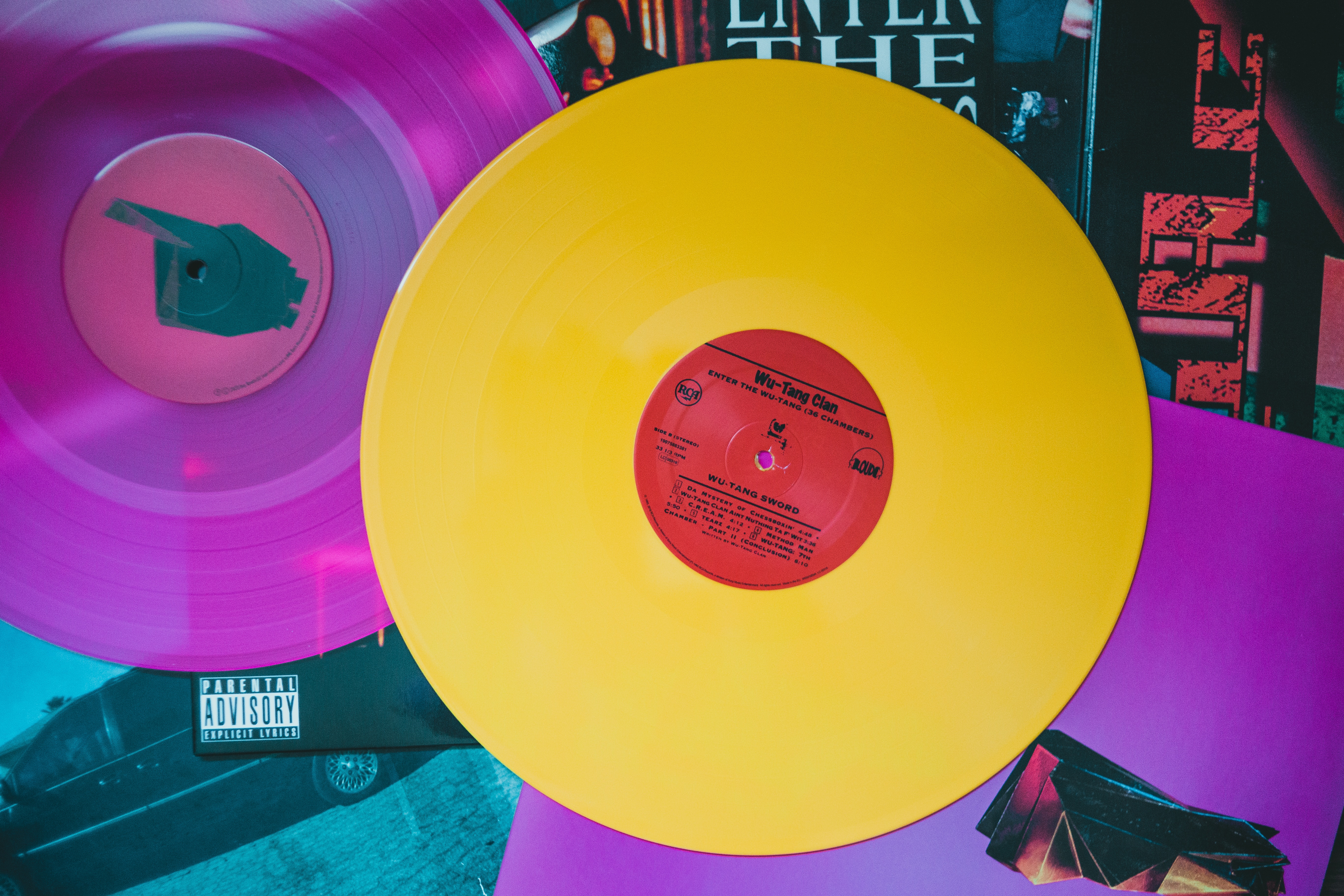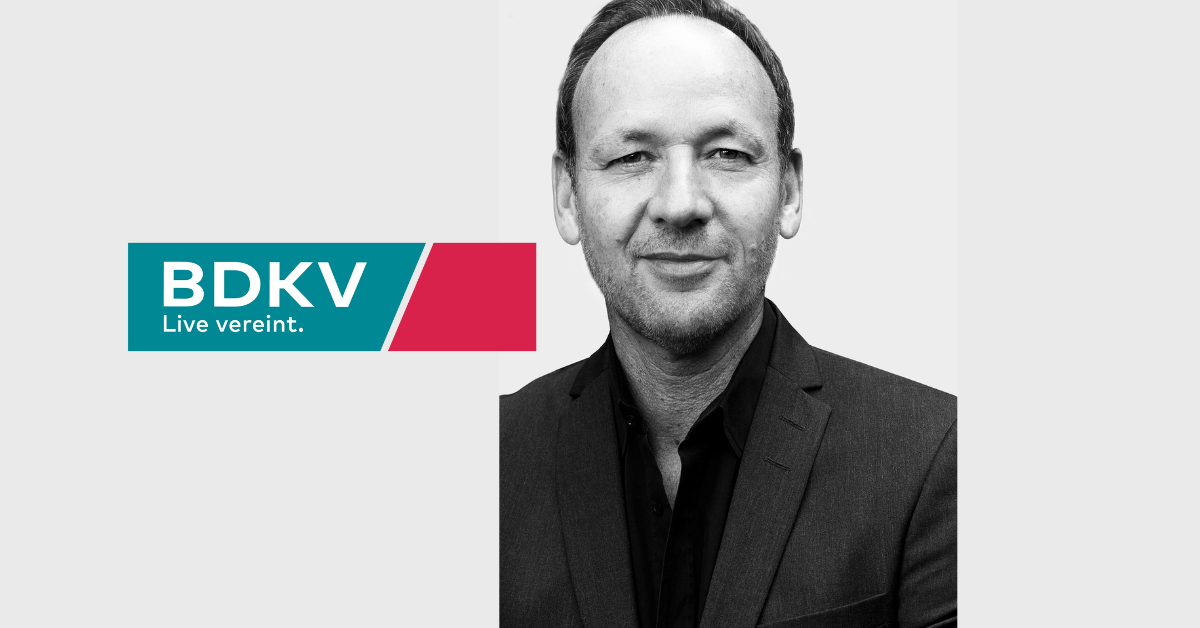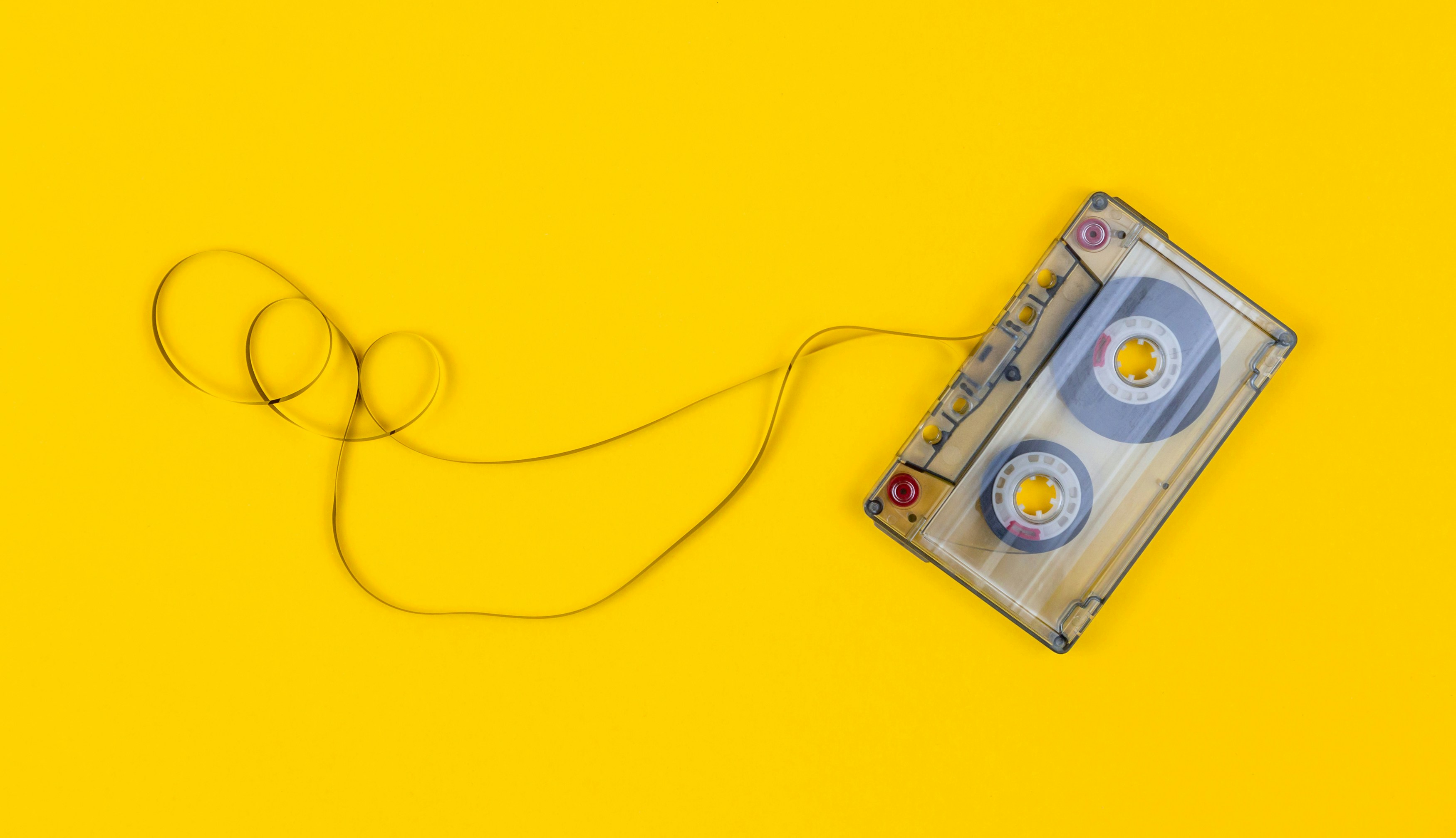Artificial intelligence is on everyone's lips - and AI is not stopping at the music industry either. AI composes, AI writes song lyrics, AI imitates musical styles and imitates voices of famous performers.
Most recently, the song "Heart on my sleeve" caused a stir and sparked a debate about necessary limits for artificial intelligence in the music industry. Initially uploaded by an anonymous user on TikTok, the song spread rapidly on social media and eventually also on streaming platforms such as Spotify and Apple, where it generated millions of clicks in a very short time. What sounded deceptively like a duet between music stars Drake and The Weeknd turned out to be an AI-generated song with almost perfectly imitated voices of the two artists.
What went down well with fans alarmed the industry, especially the record labels. Universal Music Group (UMG), to which both Drake and The Weeknd are signed, had already demanded music streamers to deny AI providers access to protected songs before the AI song was released, in order to prevent AI systems from being trained with protected content. In response to "Heart on my sleeve" UMG appealed to the industry's "moral and commercial responsibility." Platform operators removed the song from their services.
But how are songs like "Heart on my sleeve" to be evaluated legally? Do they constitute an infringement of copyright?
According to German copyright law, the answer is a clear "no" provided the song does not incorporate any fragments from any pre-existing music. This is because copyright is work-related and protects only the concrete, individual work. A specific artistic style, on the other hand, is not protected. Songs such as "Heart on my sleeve" that imitate the style of well-known musicians, but do not take over any specific melodies, lyrics or other protected components (such as rhythm, chord sequences, etc.) from existing works, therefore do not infringe copyright. The human voice itself also does not enjoy copyright protection.
What is conceivable, however, is a violation of the artist’s general right of personality, which is protected by fundamental rights. On the one hand, the general right of personality also protects against unauthorized commercial exploitation of personality traits, which, in addition to the likeness and name, include in particular the voice of a person. In the event of an unauthorized imitation of his or her voice, an artist can therefore defend himself or herself by seeking an injunction.
The publication of an AI-generated song under the name of a well-known artist can also violate the artist's personal rights, as the resulting confusion of identity can, according to case law, impair the artistic esteem of the person concerned. If the name of the artist in question is protected as a trademark, defensive claims under trademark law may also be considered.
Fundamental rights protection for AI art?
Many questions, on the other hand, are still open: Can recourse to the voice of well-known artists be justified in individual cases by artistic freedom, for example? In other words, can an AI invoke the fundamental right of artistic freedom?
Also not conclusively clarified is the copyright assessment of the use of copyrighted works as training data for AI-based systems. Whether rights holders must tolerate the use of their works by third parties for AI training depends to a large extent on the question of the applicability of the limitation provision for text and data mining (Section 44b UrhG), which has not yet been conclusively clarified.
Regulation at EU level
One thing is clear: "Heart of my sleeve" will not be the last case of its kind. Every day, AI-generated songs are published on social media and music platforms. An appeal to the ethical responsibility of the major platform operators will probably not be enough. Rather, it is now up to legislators to set the necessary legal boundaries and regulate the use of AI in the interests of rights holders. Particular attention should be paid here to the EU's AI Regulation, which is now being negotiated between the EU Commission, Council and Parliament. According to this, generative AI systems should, among other things, meet special transparency requirements, in particular disclose when content has been created by AI, and furthermore publish summaries of copyright-protected data used for AI training.



